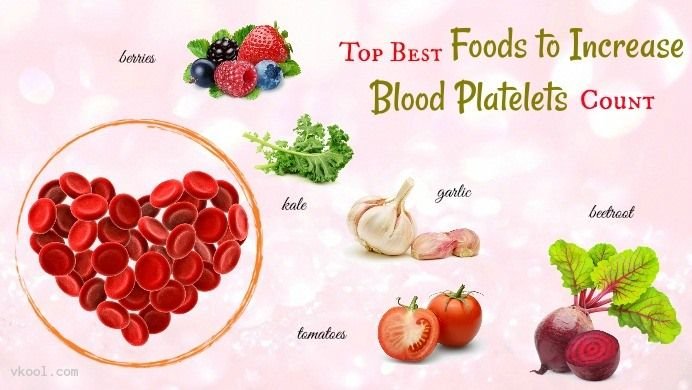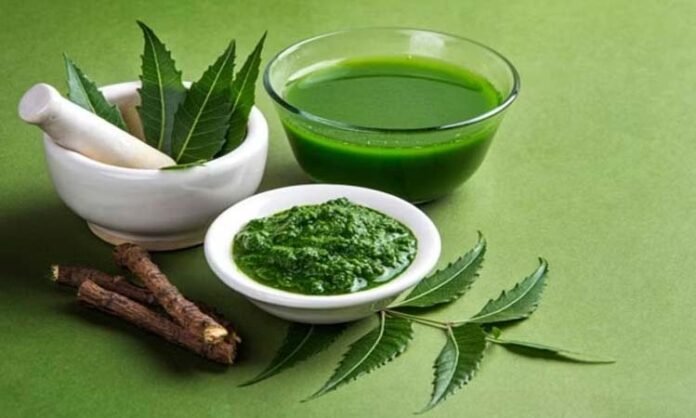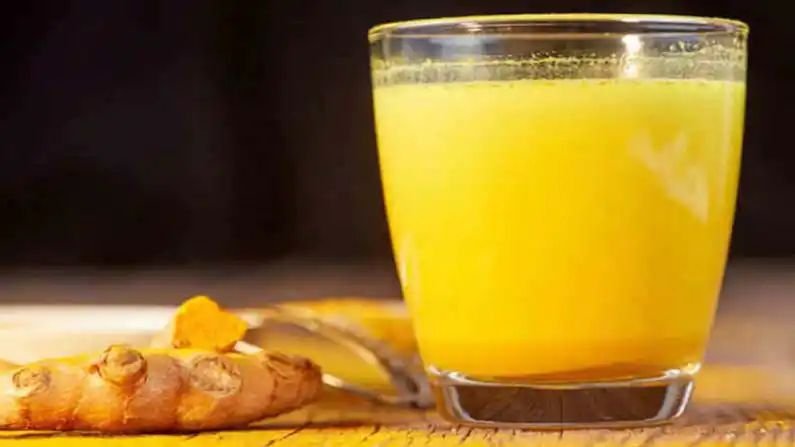Here are some good sources of protein (both vegetarian and non-vegetarian) that you may add to your salad meals:
1. Chicken
Going by 2,000 calorie diet, men and women need around 56 and 46 grams of protein per day in their meals and poultry is a good way of meeting this dietary requirement. A 100-gram portion of cooked chicken contains approximately 25 grams of protein (as per United States Department of Agriculture). Boiled or grilled chicken pieces go really well with salad greens.
2. Turkey
Turkey is another poultry meat that is one of the healthiest options for non-vegetarians looking to load up on protein. A 100-gram portion of turkey meat delivers a whopping 29 grams of protein (as per USDA data).
Diced cooked turkey meat can be mixed with red onions, low-calorie mayonnaise, lemon juice, and a range of herbs of your choice to make a delicious protein-rich salad.
3. Egg Whites
Cooked egg whites are an excellent addition to salads. Chicken eggs are one of the cheapest, most widely consumed dietary sources of lean protein. They taste delicious and add a nice and different texture to a bowl of greens. You can simply toss egg whites in the dressing of your choice or place a whole poached egg as topping for your salad. One whole boiled egg contains as little as 6 grams of protein, so a better way of using egg in the salad is to use a good amount of whites,possibly with other forms of non-vegetarian lean protein.
4. Nuts
Nuts also go extremely well with salads, be it the warm or the cold kind. Almonds, walnuts, pine nuts, cashew nuts are all great additions to salad meals, as these add a nice crunch, a delicious flavor and of course nutrition to the meals. It’s better to throw in a mix of your favorite nuts instead of just sticking to one, provided that the recipe allows for it. However, it is again advised to throw in some other form of lean protein along with the nuts, to make your meal sufficiently rich in protein.
5. Dairy products
Some of the best vegetarian sources of protein come in the form of dairy products, the best among which is cheese. However, cheese also contains good amounts of fats, and hence it is advised to have it in moderation. Cottage cheese or paneer is relatively low in fat, a 100 gram portion contains 11 grams of protein (as per USDA data). Yogurt is another relatively good source of vegetarian protein and can be used in the dressing to lend a creamy taste. Here’s an example of a low-fat paneer salad recipe that you may try.
6. Chickpeas and Lentils
Chickpeas and lentils are two other vegetarian sources of dietary protein that you may add to your salad bowls, although these mayagain have to be used in combination with other protein-rich foods. Chickpeas are better than lentils as they are more abundant sources of protein (a 100 gram delivers 19 grams of protein, as per USDA data) and go well with greens. Here’s an example
of a chickpea salad recipe, you may try.
Your daily protein requirement may vary depending upon your daily calorie-intake and your levels of physical activity.
It is advisable to consult a dietitian or a nutritionist to better understand your individual protein requirements.









